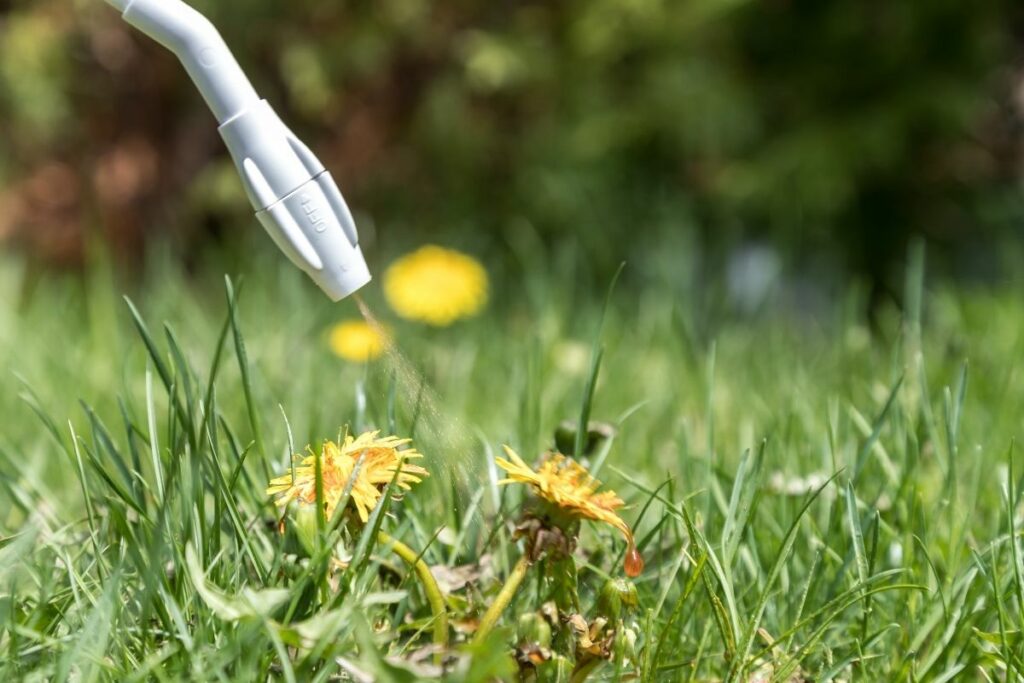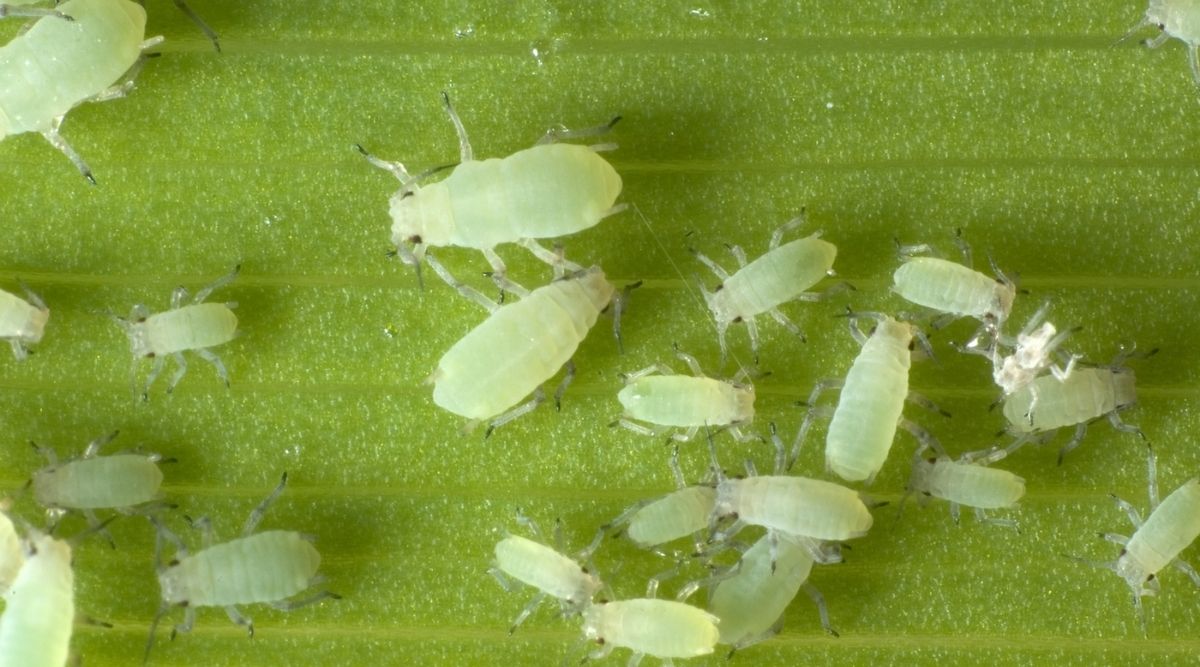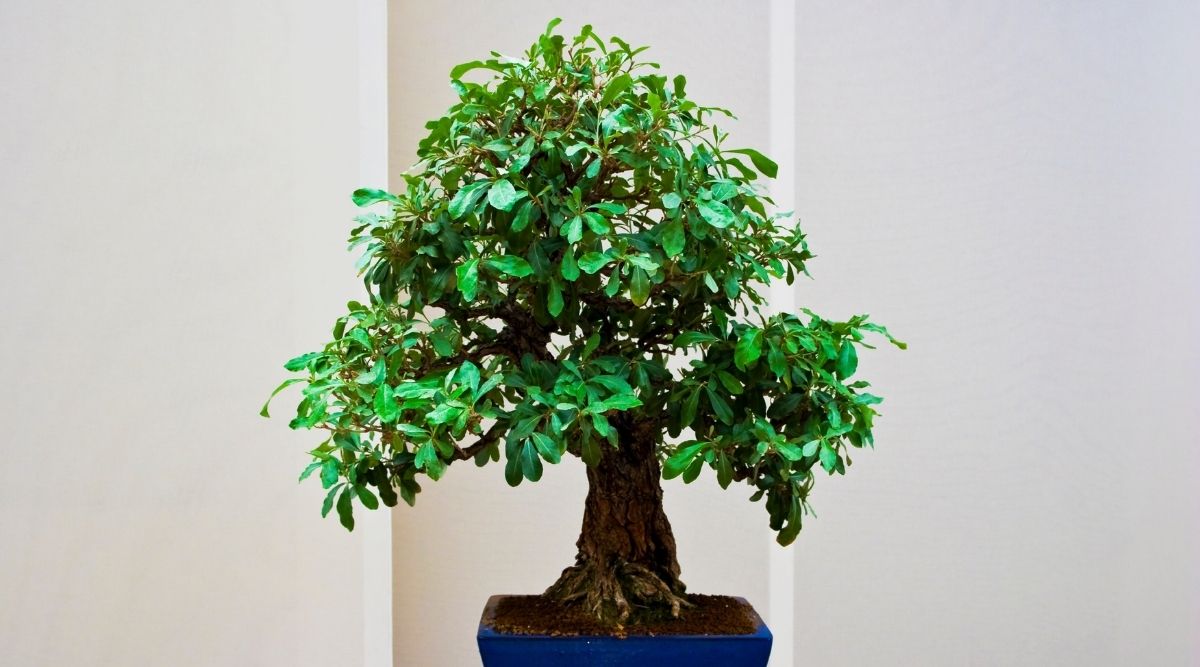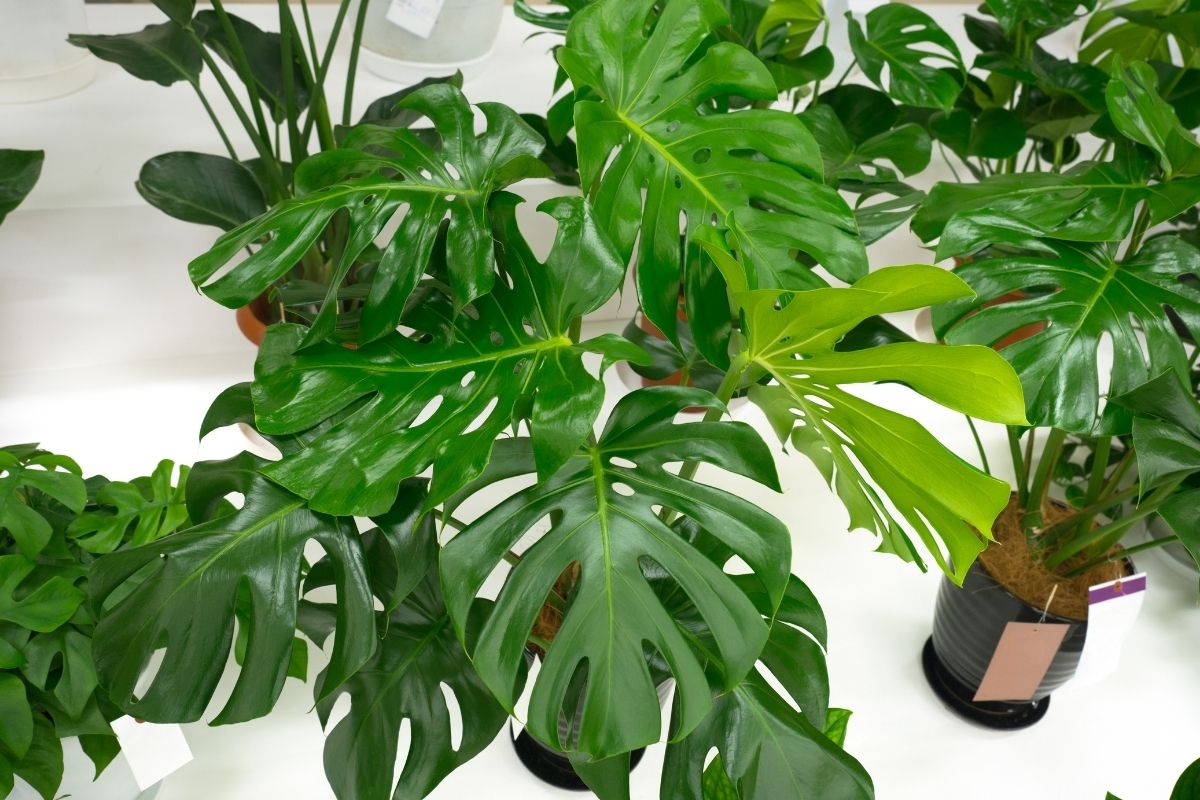
Has an army of invasive weeds taken over your front lawn? Is your beautiful floral border being suffocated by these unwelcome pests that just won’t seem to shift?
If you’ve ever had to contend with stubborn weeds, one solution has probably sprung to mind: Roundup.
This household name is a lifesaver for professional and novice gardeners alike, and with a little patience, this treatment is considered one of the most effective methods in the world.
If you’re ready to decimate that bothersome cluster of weeds on your lawn, a quick spray of roundup may be your favored method.
If you’re as impatient as we are, though, you’ll want immediate, noticeable results. So, how long does roundup take to work, and will it clean up your lawn in quick time?
What Is Roundup?
Roundup is one of the most famous herbicides in the world. Roundup weed killer does exactly what it promises to do: kills weeds. When it came to market in the 1970s, Roundup was one of the most revolutionary herbicides in the world, and it’s still used today.
Although originally developed for farming operations, Roundup has become a household name and is used on millions of household lawns across the world.
Roundup contains an ingredient called Glyphosate. This is one of the most commonly used herbicides in the world. Roundup is so effective because glyphosate isn’t a picky chemical.
Glyphosate will kill just about anything it comes into contact with; once applied, it absorbs quickly down into the roots and prevents the plant from making the proteins it needs to continue growing.
Glyphosate makes its way to the roots and completely halts the shikimic acid pathway. When this pathway is shut down, plants will die within weeks, or even days.
How Fast Does Roundup Work?
Once you spray roundup on your weeds, you may start to see visible wilting within three to twelve hours of application. However, it can take anywhere between one to two weeks for the plant or weed to completely die.
Once you’ve applied roundup, it can be tempting to start pulling your weeds out instantly. However, you’ll need to give roundup some time to completely absorb through the leaves to the roots and kill off the plant’s systems.
For the most effective results, leave roundup to work its magic for at least one or two weeks before attempting to pull out or mow over your weeds, plants, or unwanted grass.
Want a more detailed look at roundup? Let’s take a look at its timeline of effectiveness.
Half An Hour
Roundup is rain and weather-proof. Once you’ve sprayed the solution, it will start absorbing into the plant within the first 30 minutes. You probably won’t see any visible changes to the plant or weeds appearance during this time.
Day One (Three To Twelve Hours)
Within three to twelve hours, you may start to notice some visible wilting or darkening of the weed or plant. However, roundup will only be working ‘superficially’ during this period. At this time, roundup will not have made it all the way to the roots and plant system yet.
One To Two Weeks
Roundup will be working overtime to kill your unwanted weeds and plants within the first week or two. During this time, you can expect your plant or weed to die completely.
Once the plant or weed is completely dead, you can go ahead and pull it out or mow it over, with no concern about it reappearing.
Is Roundup Weatherproof?

So, you’ve just sprayed one of the most powerful herbicides known to man on your weeds when the heavens open, and the rain just doesn’t stop pouring. Now what?
Well, thankfully, roundup is rainproof during the first 30 minutes of application. This herbicide only needs half an hour to soak thoroughly into the leaves; after this time, it won’t wash away.
Some of the other concentrates found in roundup are also rainproof after around 2 hours of application. If your downfall has been particularly heavy, and it’s occurred after 30 minutes of application, you may need to respray your roundup to guarantee the best results.
Does Roundup Work In Cold Weather?
For the best results, you should use roundup in warm weather. This herbicide can be less effective when used in either extreme cold or extreme warmth. Spring and fall are usually the best seasons to apply your weed killers; early and late summer and winter can also be ideal.
To be more specific, roundup works best between temperatures of 45 and 90 degrees Fahrenheit. For this reason, application times and efficacy may vary depending on your location and climate.
Calm weather and slightly saturated soil are also great conditions for roundup. This is because roundup needs to be absorbed by the soil to work effectively, and absorption rates are increased when the soil is damp (but not soaking).
If you do need to use roundup in the middle of winter, you can rest assured that you’ll still see results. However, because of roundups’ preference for non-extreme temperatures, these results may be slower and less effective.
However, extreme cold is likely to halt the efficacy of roundup dramatically.
Remember: Roundup is an incredibly powerful herbicide. If you don’t apply it carefully, it may kill any plants in the surrounding area. Therefore, you should avoid applying roundup in windy conditions to keep your other plants healthy.
Final Thoughts
Roundup is one of the most effective and trusted herbicides in the world. If you need a fool-proof way to get rid of the weeds and leave your lawn in pristine condition, roundup is an excellent choice.
Thankfully, you won’t have to wait too long to see visible results, either. Roundup starts working within 30 minutes and kills plants and weeds completely within just a week or two.
Once your weeds and plants are completely dead, you can begin pulling and mowing over those nasties without the fear of them reappearing.
- Best Hanging Plant For Low Light - September 4, 2023
- Best Indoor Plants Florida - August 28, 2023
- Best Plants For Bathroom Smells - August 21, 2023








